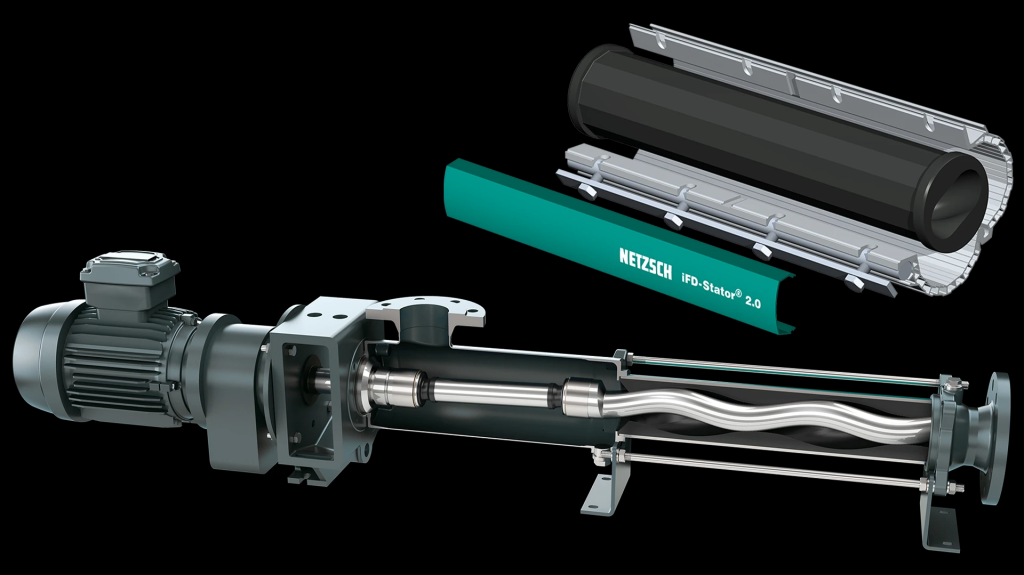The trowel is a fundamental tool across various trades, particularly in construction, gardening, and masonry. It is designed to spread, shape, and smooth materials like soil, concrete, and mortar. Available in different sizes and shapes, trowels can be tailored for specific tasks, whether you’re working on a construction project or tending to a garden. The right trowel can make all the difference when it comes to precision and efficiency. Furthermore, trowels are also used in technical applications such as geosynthetic installations, where they assist in laying geonets for drainage and erosion control.

What are the most common types of trowels?
There are several common trowels, each serving a specific function:
- Brick Trowel: Best for applying mortar when laying bricks or blocks.
- Pointing Trowel: Small and precise, ideal for detailed tasks like filling gaps in masonry.
- Garden Trowel: Handy for gardening tasks such as planting or transferring soil.
- Finishing Trowel: Used to smooth and finish concrete surfaces.
Selecting the right trowel based on the task ensures accuracy and reduces effort, whether you’re working on construction or landscaping projects.
How does a trowel aid in masonry?
In masonry, trowels are indispensable tools for applying and shaping mortar between bricks or stones. Follow these steps:
- Scoop the mortar using the trowel.
- Apply the mortar to the brick or stone.
- Spread it evenly for proper adhesion.
- Remove excess mortar after placing the brick for a clean look.
The precision of masonry trowels is key to achieving strong, well-constructed walls.
What factors matter when choosing a trowel?
When selecting a trowel, keep the following in mind:
- Size and Shape of Blade: Larger blades are for spreading materials, while smaller blades are ideal for fine tasks.
- Handle Comfort: A comfortable grip is important for long tasks.
- Durability: Stainless steel trowels resist rust, while carbon steel trowels offer strength but require maintenance.
Can trowels be used for geosynthetics like geonets?
Yes, trowels are useful in geosynthetic applications, especially when installing geonets for drainage. They can:
- Smooth the soil before geonet placement.
- Create small trenches for embedding geonets.
- Compact soil or gravel around the geonet for stability.
This demonstrates that trowels are not limited to traditional uses but are also vital in advanced applications like drainage systems.
The versatility of the trowel makes it an essential tool across multiple industries. From laying bricks to gardening and even installing geosynthetics, this tool ensures precision, efficiency, and durability in any project.